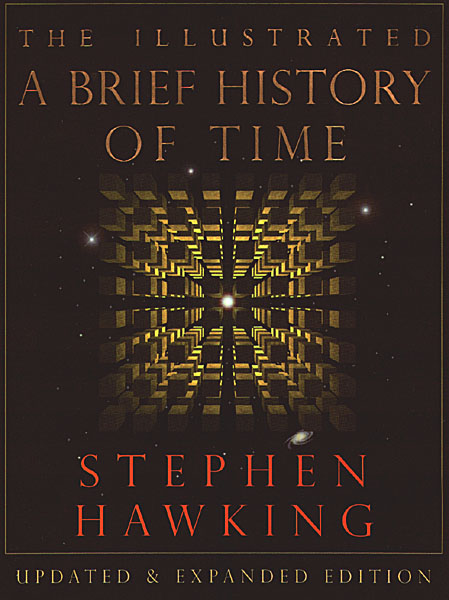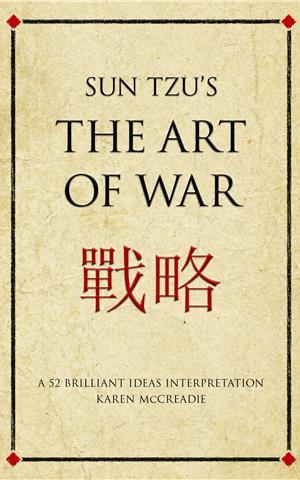The 4-Hour Workweek: Escape 9-5, Live Anywhere, and Join the New Rich
by TIMOTHY FERRISS
Forget the old concept of retirement and the rest of the deferred-life plan - there is no need to wait and every reason not to, especially in unpredictable economic times. Whether your dream is escaping the rat race, experiencing high-end world travel, earning a monthly five-figure income with zero management, or just living more and working less, this book is the blueprint.
This step-by step guide to luxury lifestyle design teaches:
* How Tim went from $40,000 dollars per year and 80 hours per week to $40,000 per MONTH and 4 hours per week * How to outsource your life to overseas virtual assistants for $5 per hour and do whatever you want * How blue-chip escape artists travel the world without quitting their jobs * How to eliminate 50% of your work in 48 hours using the principles of a forgotten Italian economist * How to trade a long-haul career for short work bursts and frequent 'mini-retirements'.
This new updated and expanded edition includes:
More than 50 practical tips and case studies from readers (including families) who have doubled their income, overcome common sticking points, and reinvented themselves using the original book as a starting point * Real-world templates you can copy for eliminating email, negotiating with bosses and clients, or getting a private chef for less than £5 a meal * How lifestyle design principles can be suited to unpredictable economic times * The latest tools and tricks, as well as high-tech shortcuts, for living like a diplomat or millionaire without being either


















